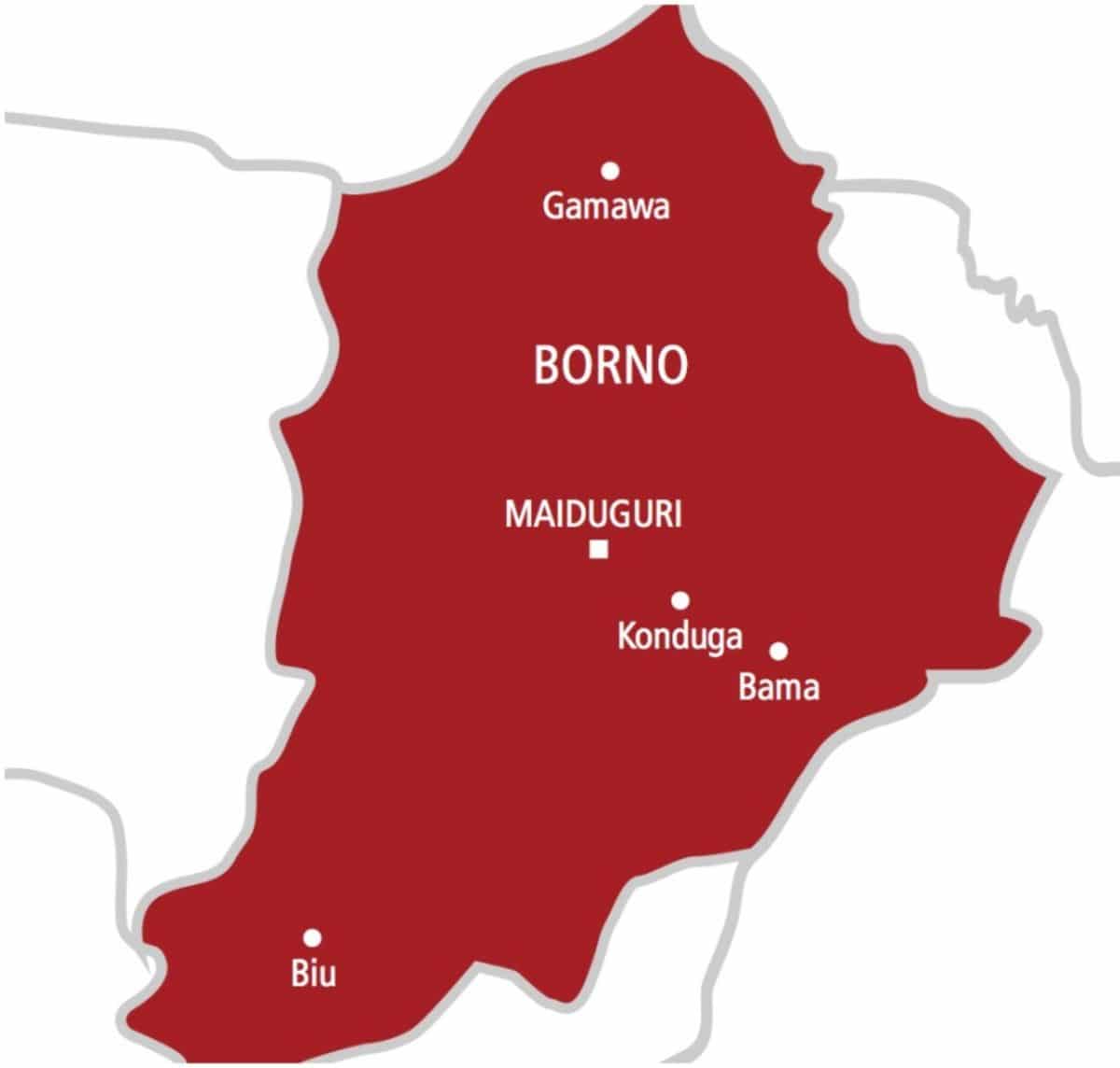The CEO of Digital Reality, Engr. Ikechukwu Nnamani, has said Nigeria must build, at least 72 edge data centres, two per state capital, if it intends to compete in the global digital economy.
Nnamani made the call at the 25th Edition of the ‘50 Most Valuable Personalities in Nigeria’s Digital Economy,’ hosted by Knowhow Media, publishers of ITEdgeNews, in Lagos.
At the colloquium titled ‘Nigeria: State of the Digital Economy for 2025,’ the CEO affirmed that, without a serious overhaul of its data infrastructure, Nigeria risks falling further behind in digital competitiveness.
“Lagos currently houses most of the country’s data infrastructure, yet this represents only 10 percent of Nigeria’s true digital capacity. To compete globally, we need a minimum of 72 edge data centers to support real-time data processing and service delivery across all state capitals,” Nnamani stated.
Edge data centers are small, localised facilities that bring cloud and internet services closer to users, dramatically improving speed, reliability, and performance. According to Nnamani, without such decentralization, Nigeria’s ambitions for e-governance, fintech, smart agriculture, and remote work will continue to be stifled by high latency and poor connectivity.
It is still cheaper to transmit data between Nigeria and London than between Lagos and Abuja. That is simply not acceptable in 2025, he emphasised.
Nnamani acknowledged recent strides, such as the landing of Google’s Equiano cable and the imminent arrival of Meta’s 2Africa cable. But he cautioned that these developments will have limited impact without strong metro and inter-city digital infrastructure.
“You can land all the cables you want in Lagos, but if the data can’t travel efficiently to Enugu, Jos, or Maiduguri, the transformation stops at the shoreline,” he said.
Beyond infrastructure, Nnamani stressed the need to invest heavily in digital talent. “Infrastructure means nothing without people who can build and manage it. We need to scale digital training across the country,” he noted.
He highlighted the story of a young Nigerian he mentored who now works remotely from Canada after just months of coding training, using it to underscore the life-changing potential of targeted digital education.
However, he warned of the rising brain drain, revealing that the entire tech teams from Nigerian financial institutions have migrated abroad. Remittances are useful, but we can’t grow our digital economy if our best brains are leaving, he cautioned.
To tackle these challenges, Nnamani urged policymakers and private stakeholders to prioritize: Security by creating a safe digital environment for users and enterprises and community-focused tech education, to bridge the digital divide and create jobs.
We’ve got the edge. Get real-time reports, breaking scoops, and exclusive angles delivered straight to your phone. Don’t settle for stale news. Join LEADERSHIP NEWS on WhatsApp for 24/7 updates →
Join Our WhatsApp Channel
 4 hours ago
2
4 hours ago
2














 English (US) ·
English (US) ·